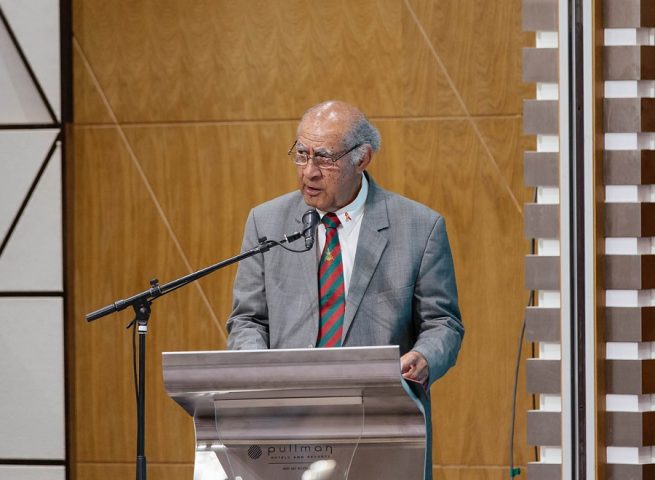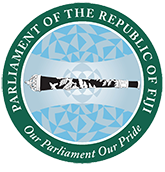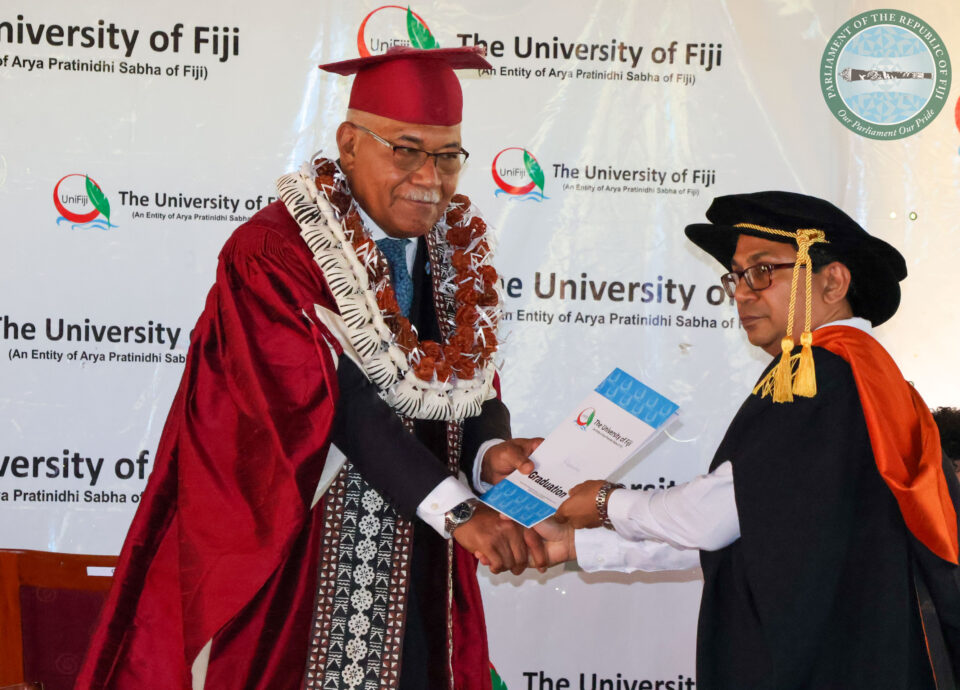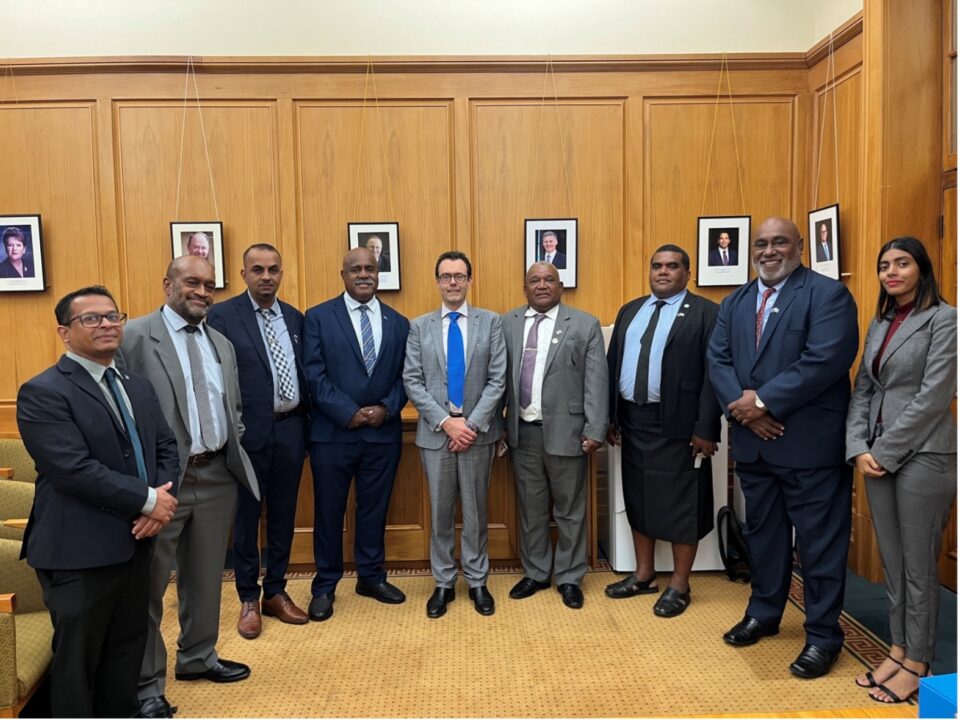Parliamentarians: Climate crisis one of the most critical threats to health in the Asia-Pacific region

NADI, Fiji – Parliamentarians from 20 Asian and Pacific nations delivered a clear message yesterday, naming the climate crisis as one of the region’s most critical threats to human health.
Hosted by the Parliament of Fiji, the 20-22 August 5th Asia-Pacific Parliamentarian Forum on Global Health brought together Parliamentarians from various jurisdictions and sectors to discuss solutions, actions and opportunities for collaboration, to protect health from climate change.
Speaker of the Fijian Parliament Honourable Ratu Epeli Nailatikau, chair of the forum, highlighted the threat it poses, echoing the official communique:
“Climate change truly is one of the greatest threats to health we face; the implications for health, society and our economy are immense. Increasingly frequent and severe weather events combined with changing weather patterns mean that we are seeing more injuries and deaths, higher rates of infectious and mosquito-borne diseases as well as food and nutrition insecurity. Climate change is also threatening safe water, housing, and employment opportunities; and therefore impacting the physical and mental health of our populations”
“Health must be at the centre of climate discussion and action, and we are proud to host Parliamentarians to see how we can ensure this happens. Responsible for legislating, approving budgets, providing oversight, and directing portfolios in health-impacting sectors, their involvement and leadership are crucial in addressing the climate crisis and its health consequences.”
Participants discussed ways to identify and address the health impacts of climate change, and to protect vulnerable communities. They also visited four locations in the North-West of Fiji’s main island, Viti Levu. During these visits, they saw climate impacts and mitigation efforts first-hand.
Outlining a key meeting theme, WHO’s Western Pacific Regional Director Dr Takeshi Kasai raised the need for all to become part of climate action, and to consider the additional health benefits that policy and action in sectors beyond health can generate.
“Climate change is not just a scientific argument, it is a real threat to people,” said Dr Kasai. “This is a complex issue, requiring action beyond the health sector alone – but with significant benefits for health if we get it right. But I worry that our time is running out to take action, both on the health threats we already see from climate change today, and for future generations.
“We need to create policy ‘win-wins’ for health, and Parliamentarians are the people who can drive this kind of change. We need to ensure health is part of the discussion. Without health, we have nothing.”
Notes for editors:
The Asia-Pacific Parliamentarian Forum on Global Health (APPFGH) is a platform for Parliamentarians to exchange ideas, build political will, strengthen capacity, and foster collaboration towards sustainable action for health. This was the fifth APPFGH, with ‘Climate Change and Health’ as the theme.
Speakers of Parliament, Ministers or Parliamentarians from the following participated: Cambodia, Cook Islands, Fiji, Federated States of Micronesia, Japan, Kiribati, Lao PDR, Malaysia, New Zealand, Niue, Palau, Philippines, Republic of Korea, Samoa, Solomon Islands, Thailand, Tonga, Tuvalu, Vanuatu, and Viet Nam.
Throughout the forum, participants explored policy actions that provide added benefits for climate, society and health – including reduced hospital admissions, reduced employee absenteeism, and stronger and more sustainable economic development. Extensive examples can be found on Page 28 of WHO’s COP24 Special report: Health & Climate Change.
Hosted by the Parliament of Fiji, the meeting was chaired by Speaker of Parliament Hon. Ratu Epeli Nailatikau, in Nadi on 20 to 22 August, with WHO’s Western Pacific Regional Office serving as the secretariat.
Additional material:
– The ‘Nadi Communique’ is available at: https://www.who.int/docs/default-source/wpro—documents/dps/other-meeting-documents/appfgh5-nadi-communique.pdf
– WHO’s COP24 Special report: Health & Climate Change: https://www.who.int/globalchange/publications/COP24-report-health-climate-change/en/







